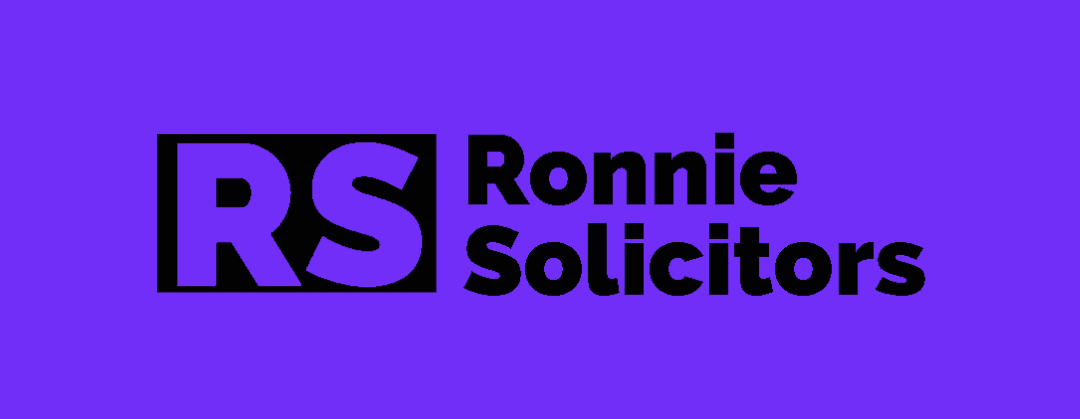Shareholder disputes can be a complex and challenging aspect of business ownership. When disagreements arise between shareholders, it is crucial to have a clear understanding of the legal process for resolving these disputes effectively. In this blog, we will provide you with a comprehensive guide to navigating shareholder disputes in the UK.
Understanding Shareholder Disputes
Shareholder disputes occur when conflicts arise between individuals or groups who hold shares in a company. These conflicts can stem from a variety of issues, such as disagreements over company direction, profit distribution, or decision-making processes. Regardless of the cause, shareholder disputes can have a significant impact on the stability and success of a business.
It is important to note that shareholder disputes can occur in any industry or sector, including real estate, wills and probate, and family law. Regardless of the specific area of law, the legal process for resolving shareholder disputes remains largely the same.
Identifying the Root Cause
The first step in effectively resolving a shareholder dispute is to identify the root cause of the conflict. This requires a thorough examination of the company’s articles of association, shareholders’ agreements, and any other relevant legal documents. Understanding the rights and obligations of each shareholder is essential in determining the best course of action.
Common causes of shareholder disputes include disagreements over decision-making authority, unequal profit distribution, breach of fiduciary duty, and allegations of misconduct. By identifying the specific issue at hand, you can better navigate the legal process and work towards a resolution.
Seeking Legal Advice
When faced with a shareholder dispute, it is crucial to seek legal advice from a professional solicitor specializing in corporate law. An experienced solicitor can provide you with expert guidance and representation throughout the resolution process.
At [Website Name], we offer professional solicitation services in the UK, specializing in areas such as real estate law, wills and probate, and family law. Our team of experienced solicitors can provide you with the legal advice and representation you need to effectively navigate shareholder disputes.
The Legal Process for Resolving Shareholder Disputes
Resolving shareholder disputes often involves a multi-step legal process. While the specifics may vary depending on the circumstances of the dispute, the following steps provide a general overview of the process:
1. Negotiation and Mediation
The first step in resolving a shareholder dispute is often negotiation and mediation. This involves open and honest communication between the parties involved, with the goal of reaching a mutually acceptable resolution. Mediation can be a cost-effective and efficient way to resolve disputes without resorting to litigation.
2. Alternative Dispute Resolution (ADR)
If negotiation and mediation are unsuccessful, alternative dispute resolution methods, such as arbitration or expert determination, may be pursued. ADR provides a more formalized process for resolving disputes outside of the court system. It can be a quicker and less costly alternative to litigation.
3. Litigation
If all other attempts at resolution fail, litigation may be necessary. This involves taking the dispute to court, where a judge will make a legally binding decision. Litigation can be a lengthy and expensive process, but it may be the only option in some cases.
Learn the Legal Process for Resolving Shareholder Disputes Effectively
If you are currently facing a shareholder dispute or want to learn more about the legal process for resolving these disputes effectively, we encourage you to visit our comprehensive guide on our website. This guide provides detailed information on each step of the process and offers valuable insights into navigating shareholder disputes in the UK.
Learn the legal process for resolving shareholder disputes effectively.
Shareholder disputes can be complex and challenging, but with the right legal guidance, they can be effectively resolved. By understanding the legal process and seeking professional advice, you can navigate shareholder disputes with confidence and work towards a resolution that protects your interests and the stability of your business.
